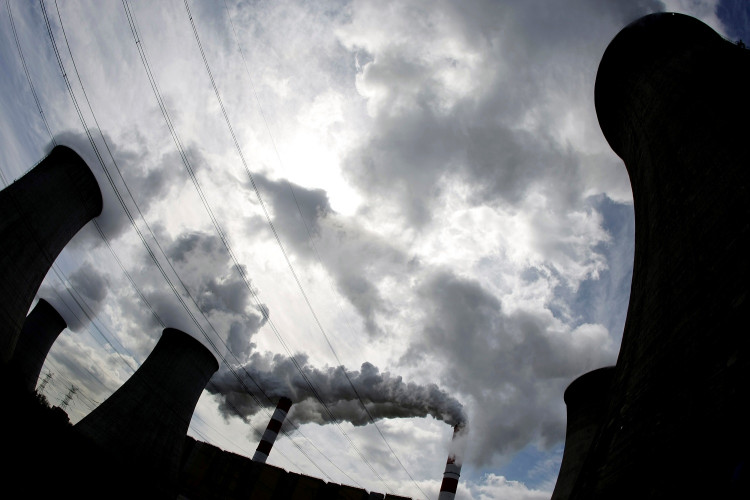According to a new policy document, climate change is putting China's economy and society at risk, and the country needs to improve adaptation mechanisms and monitoring capabilities at all levels of government.
Climate change has made China more vulnerable to "sudden and intense" disasters, as well as long-term issues. The statement also stated that transmissible illnesses, pests, and extreme weather posed an increasing threat to public health.
98% unique via plagiarismdetector.net
As the global climate continues to warm, the long-term negative effects and extreme weather events caused by climate change will worsen.
Water supplies have already been affected by melting permafrost, retreating glaciers, growing ice lakes, and increasing coastal sea levels have increased flooding hazards, according to the paper.
The vegetation belts have also shifted northwards, and China needs to "optimize" its agriculture and transition to higher-yielding, stress-resistant crops, according to the report.
By 2035, China plans to establish a nationwide climate impact and risk assessment system, and major projects will be required to integrate climate in environmental impact assessments. It will also improve its early-warning systems.
China issued its first national climate change adaptation strategy in 2013, making climate change adaptation a national strategy for the first time. Since then, the country has made progress in improving climate change adaptation in key regions and industries.
It stated it would improve river and lake monitoring to improve flood management and water supply security. In addition, it would reform water tariffs and set enforceable usage targets in important locations. Over the year 2021-2025, it seeks to reduce water intensity (the amount of water consumed per unit of economic growth) by 16%.
China, the world's largest carbon emitter, has pledged to reach carbon neutrality by 2060 and to peak greenhouse gas emissions before 2030.
However, as it strives to strike a balance between continuing economic growth and decarbonizing its coal-heavy energy system, the country's climate obligations have drawn worldwide criticism.
In a co-authored note, Xu Huaqing, head of the National Center for Climate Change Strategy and International Cooperation, stated that as the global climate continues to warm, the long-term adverse effects and extreme weather events caused by climate change will pose an increasingly serious threat to China's economic development.
The document emphasized measures to improve climate change monitoring and forecasting services, improve climate change impact and risk assessment, and strengthen disaster prevention and mitigation.
Climate change response will be integrated into China's territorial space planning efforts, and major strategic regions' climate resilience will be improved.
In tandem with the country's climate resilience construction, fiscal and financial services, technology, and international cooperation will be implemented.





